Right to food in Senegal
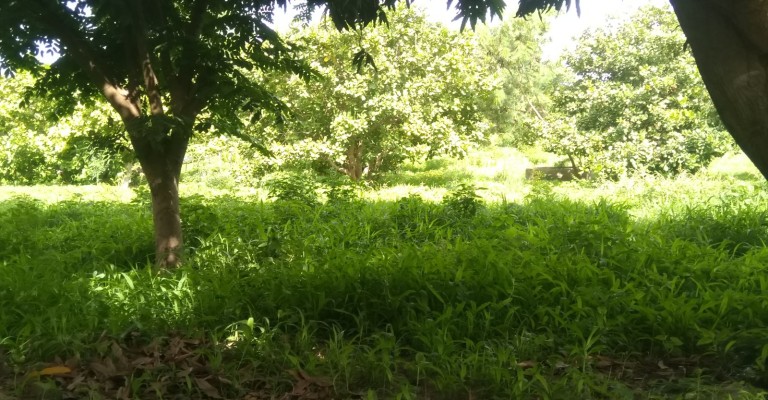
The right to food in Burkina Faso
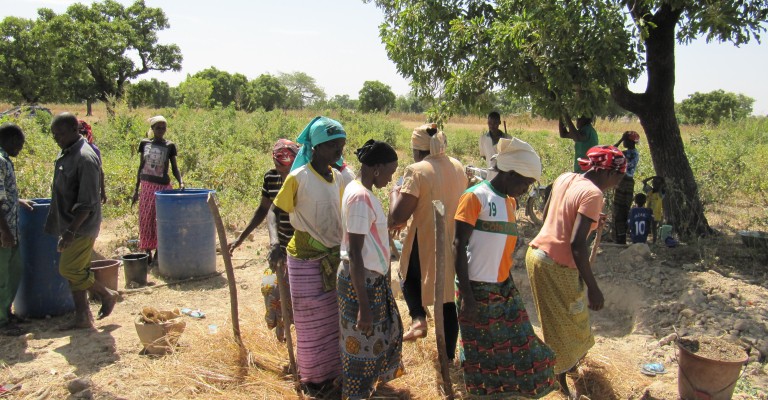
The right to food in the Philippines
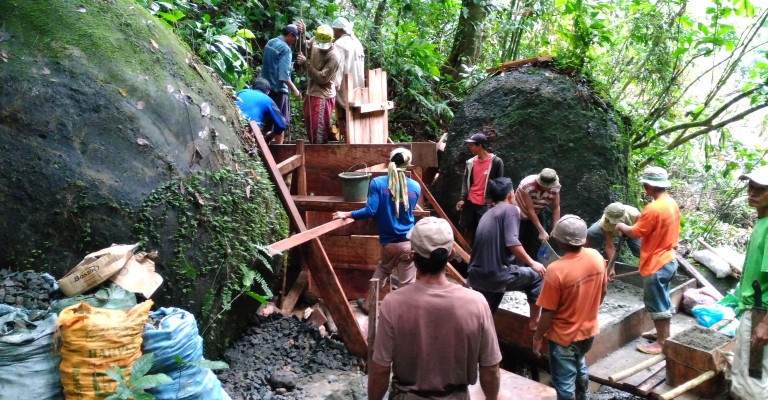
The right to food in Bolivia
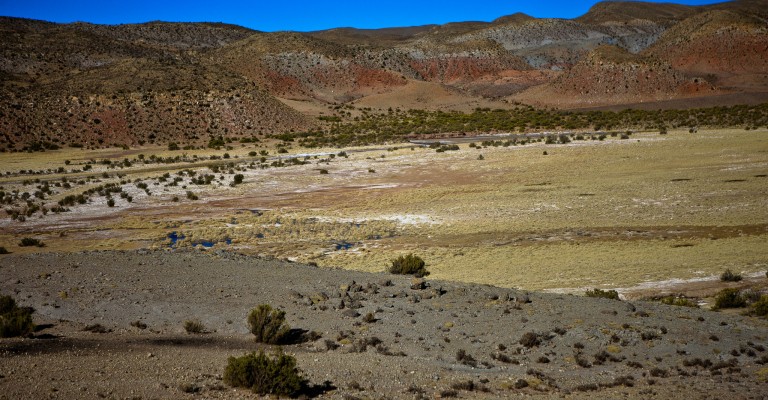





This statement is inspired by the knowledge, stories and experiences of other citizens, organizations and collectives who are committed to a world full of love, respect and understanding.
We express our condolences to the countless families who have lost their loved ones, the countless sleepless nights, the countless panic and anxiety attacks, the countless energy-sapping discussions. Your resilience, love, perseverance and energy are a source of inspiration to us. You create hope in a world where everyone is waiting for hope. You create understanding in a world where everyone is individualistic. You create poetry, stories, theatre, and so much more that give meaning to life.

Through a policy of colonisation and apartheid, the Israeli government has restricted the freedom of movement, human rights and sovereignty of Palestinian citizens for decades. Since 7 October 2023, the Israeli army's violence knows no bounds. Tens of thousands of Palestinian civilians, mostly women and children, have already died because of the genocide. There is a systematic destruction of the Palestinian agricultural and food system. In Gaza, access to the most basic necessities (food, water, health care, electricity, etc.) is severely cut off and there is an almost complete collapse of the agricultural and fishing sectors. This is causing an unprecedented level of food insecurity and acute famine. At the same time, Palestinian citizens in the West Bank experience continued economic oppression, territorial fragmentation and obstacles to sustainable food production.
1. Stop all direct and indirect support to Israel as long as there is a genocidal and apartheid regime, freedom of movement is suppressed, and the right of return for hundreds of thousands of Palestinian refugees is not respected.
2. Undertake steps to protect Palestinian civilians from acute famine by putting pressure on the Israeli government so that humanitarian aid is allowed on a large scale.
3. Actively promote Palestinian food sovereignty, land justice and farmers' rights. This should be done bottom-up, i.e. from Palestinian civic initiatives and not from geopolitical and economic interests of a minority. The right to healthy food for all through agroecology can play an important role in this.
1. Pressuring governments to implement the above measures.
2. Pressuring companies that profit from the occupation and apartheid regime to cease their activities.
3. Continuing to share Palestinian stories, their struggles and their demands for freedom and an end to the occupation.
End of statement
October 10, 2022
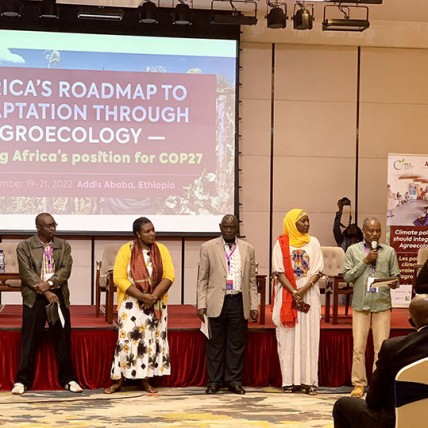
Good agroecological news from Africa, where we are working in Burkina Faso, Mali and Senegal. The Alliance for the Food Sovereignty of Africa (AFSA), with more than 30 civil society groups from 50 African countries, is rallying behind the mission to make African agriculture agroecological. Following the November Climate Summit (COP27), the AFSA therefore formulated six recommendations.
December 18, 2020

According to recent FAO reports, global hunger and food insecurity have continuously risen since 2014.[1] Deforestation, ongoing conflicts, unprecedented biodiversity loss and marginalisation of small farmers and peasants have contributed to a global food system failure.
Read more about "UN Food Systems Summit – Will the Summit generate real change?"
August 27, 2019

In April, Viva Salud, KIYO and Solidagro brought together their partner organizations from Morocco, Mali, Burkina Faso, Senegal, DR Congo and Burundi in Senegal for an exchange on the strategy and good experiences of each in the defence of the rights of all.
We started by exchanging the specificities of our approach, the rights-based approach, by sharing experiences from the field. Each country presented the pillars that seem to be the most important.
Read more about "Let's talk about our rights - A meeting in Senegal between partners"
This website makes use of cookies to function properly. If you would like to change which cookies we can use, change the cookie settings. Read more about our use of cookies in our privacy policy.